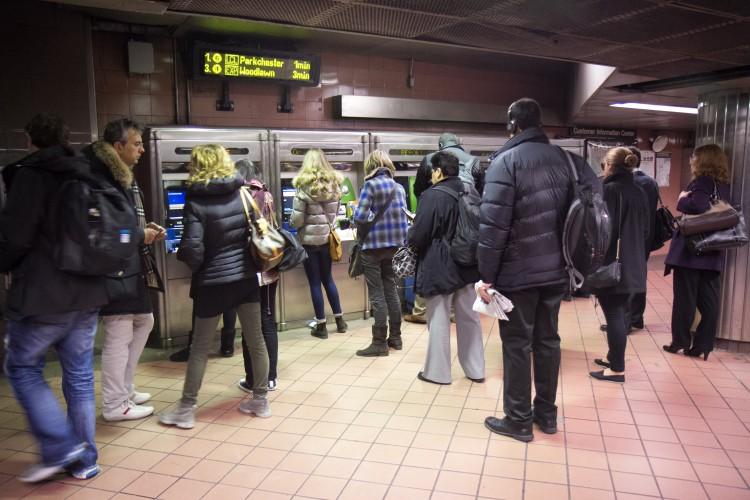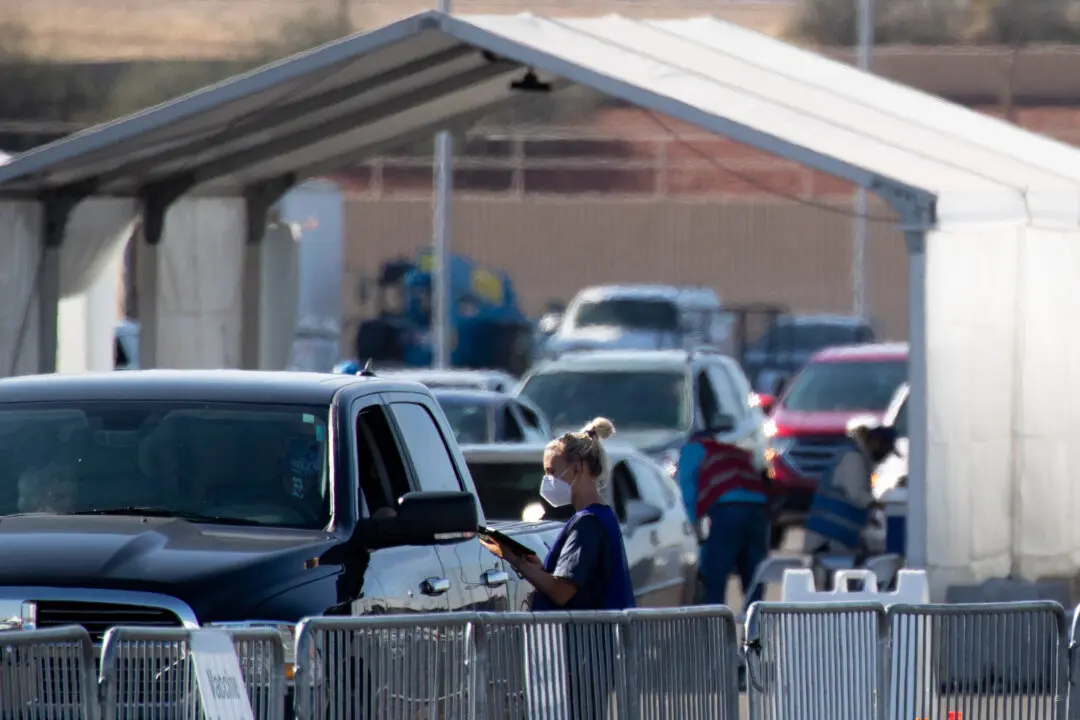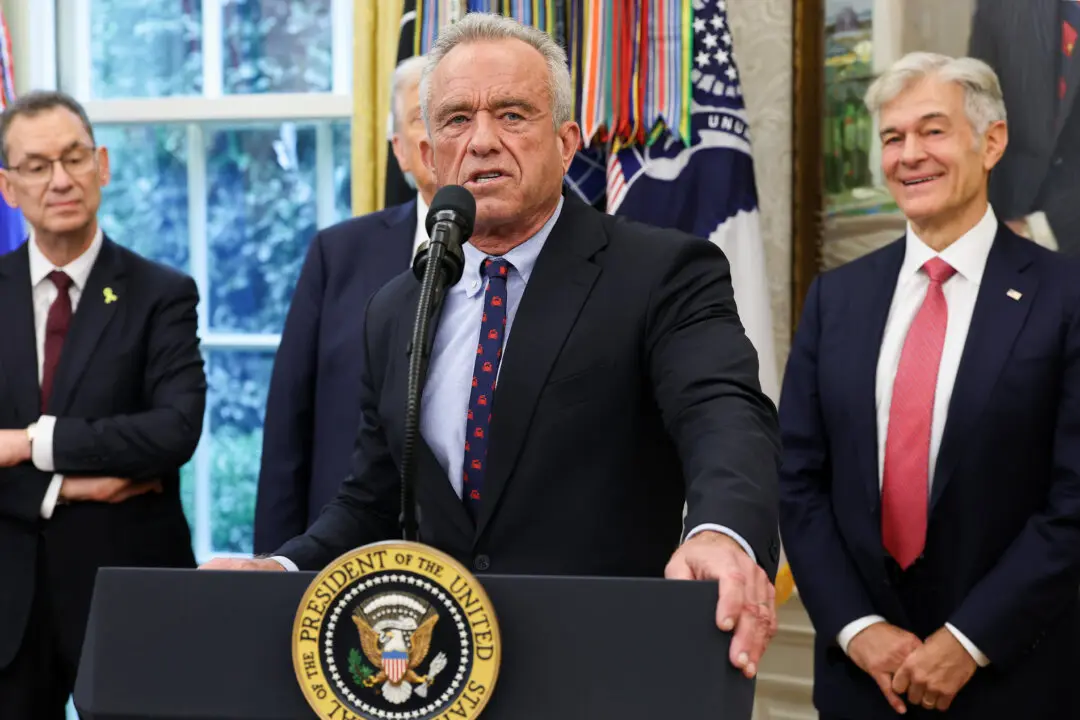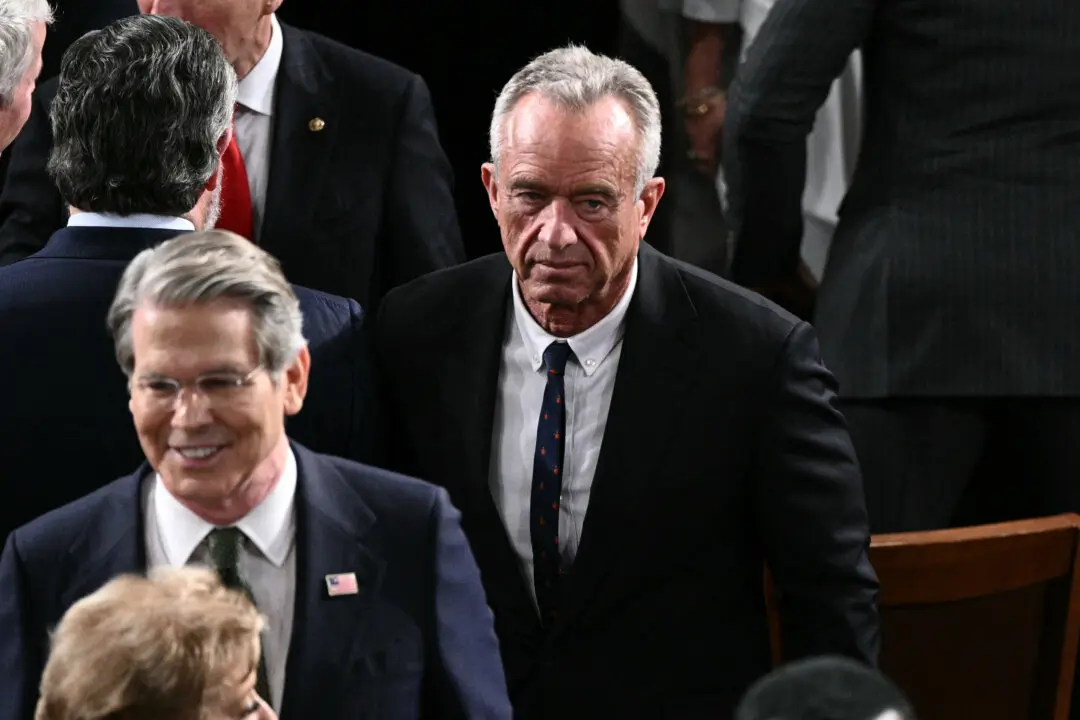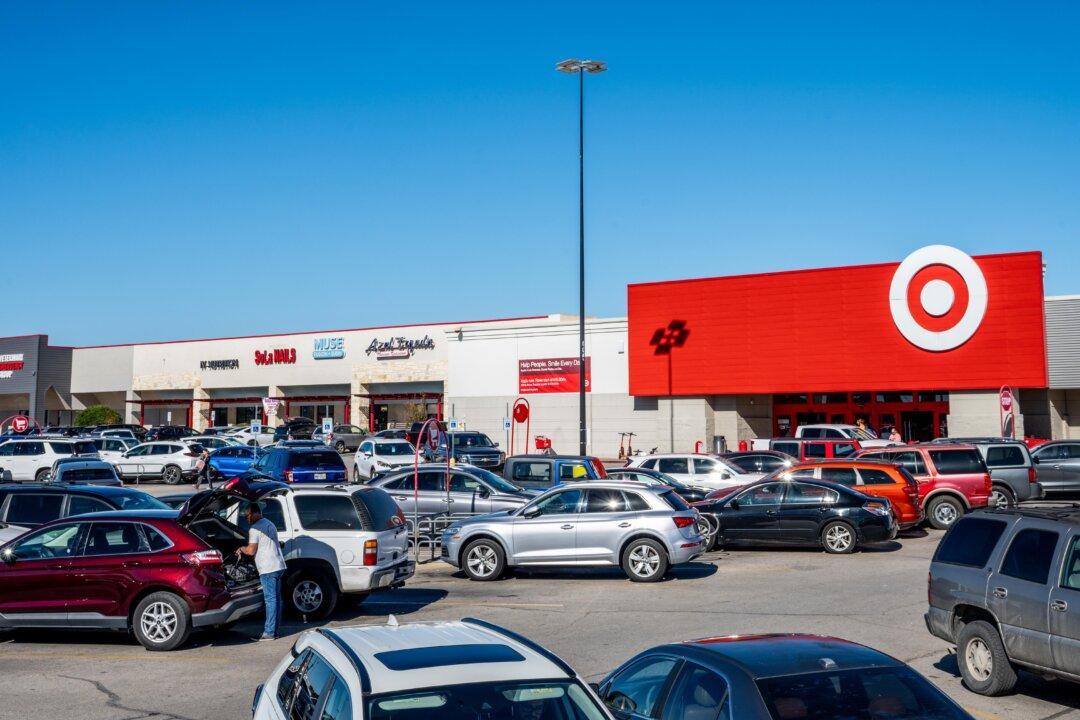NEW YORK—Subway, bus, and rail riders in the metro area will have to pay more starting March 2013.
The MTA board unanimously approved a fare raise package Wednesday. A bridge toll increase was also approved—with only one dissenting vote from Allen Cappelli.
The principal increase for the city’s 5.2 million subway riders is the increase of the base fare. A base fare means any number of rides other than a single ride. The base fare will increase from $2.25 to $2.50.
